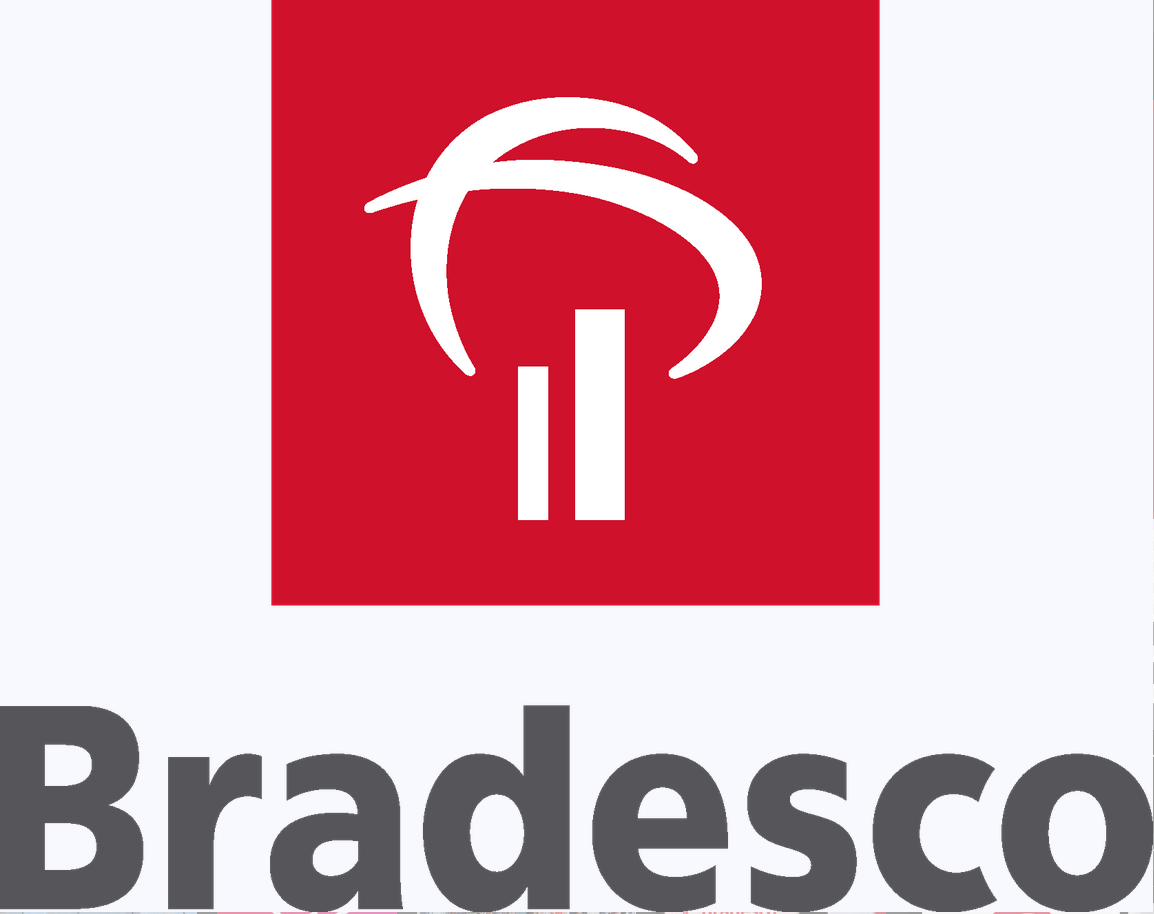The institution, headquartered in Osasco, unveiled new forecasts for what it termed a “transition year.” It also projected it would need to set aside
The institution, headquartered in Osasco, unveiled new forecasts for what it termed a “transition year.” It also projected it would need to set aside between 35.000 and 39.000 billion reais for potentially defaulting loans.
Brazilian bank Bradesco has reduced its net profit by 21.2% in 2023 compared to the previous year. According to the institution, this decline in profit is attributed to the provisions set aside for potential losses and the contraction of interest income per client. Additionally, the operating result has decreased by 36.4% compared to the previous year.
Despite the bank’s expectation of a year-on-year increase in interest income between 3% and 7% and between 4% and 8% for the insurance, pension plans, and capitalization bonds segment, investors perceived the news as a turning point. They punished the bank’s stocks by 16% on Wednesday.
The occurrence of this drop after a rise of over 6% the previous day is indeed curious. Could this be a potential entry point for Bradesco? It certainly is one of the region’s most important banks.
Banco Bradesco is Brazil’s second-largest private bank, holding approximately 15% of deposits, and the largest insurance provider in Brazil, commanding roughly 20% to 25% of the market share.
Bradesco’s stocks are currently in a “buying opportunity” zone if we consider their historical performance and price-action. Bradesco is a consistent dividend payer and might be suitable for investors seeking exposure to LATAM equities.
Its stock performance is closely tied to the economic trajectory of Brazil, which has faced challenges in sustaining consistent growth in recent years.
The Brazilian economy has faced challenges in terms of fiscal deficit and public debt. Lack of fiscal discipline and the need for structural reforms have been recurring themes in the country’s economic discourse.
However, on Monday, Brazilian President Luiz Inácio Lula da Silva stated in a letter to Congress that the country should aim for economic growth above 2% in 2024, with inflation converging towards the 3% target.
Wednesday’s session in Brazil concluded with an average 1% decline in the ETF that aggregates its main companies, the iShares MSCI Brazil (EWZ).
www.fxleaders.com

COMMENTS